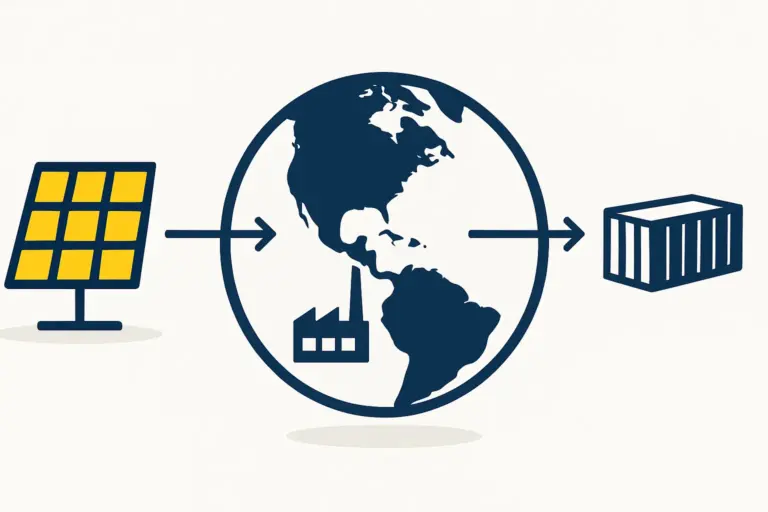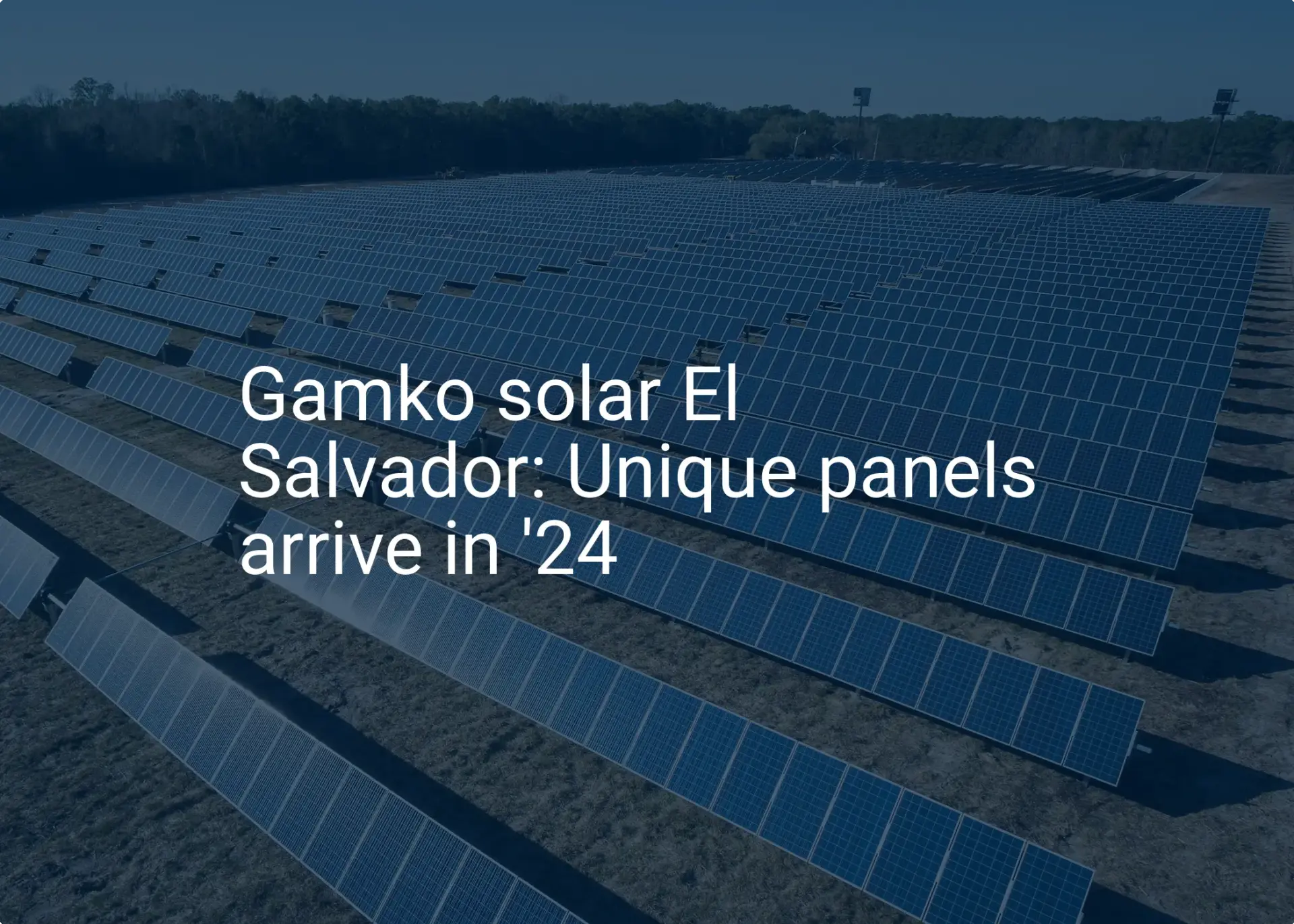For many international business owners, entering a new market feels like navigating a maze of unfamiliar regulations. The prospect of bureaucratic hurdles, unclear rules, and financial risk can deter even the most determined entrepreneurs.
Until recently, this perception might have applied to El Salvador. However, a significant legal overhaul has transformed the landscape, creating one of the most streamlined and secure environments for foreign investment in the region.
The results are already tangible: a notable increase in Foreign Direct Investment (FDI) since 2021 signals growing confidence from the global business community. This guide offers a clear roadmap to El Salvador’s legal framework for manufacturing, providing practical information on company registration, permits, and financial incentives.
The Foundation: El Salvador’s 2023 Investment Law
At the heart of the country’s pro-business stance is the Investment Law enacted in 2023. This legislation removes ambiguity and provides concrete assurances to foreign investors. Its core principles directly address the primary concerns of international enterprises.
Key provisions include:
-
Equal Treatment: Foreign investors are granted the same rights, benefits, and obligations as domestic investors.
-
No Prior Authorization: Foreign businesses are not required to obtain special pre-approval to invest, which significantly accelerates the market entry process.
-
Freedom to Transfer Funds: The law explicitly guarantees the right to freely transfer funds related to the investment out of the country. This includes profits, dividends, and the repatriation of capital upon the sale or liquidation of the business.
-
Guarantees Against Expropriation: The framework provides robust protection against the arbitrary seizure of assets, aligning with international standards and building long-term investor confidence.
Your Single Point of Contact: The National Investment Office (ONI)
To simplify the setup process, the government established the National Investment Office (Oficina Nacional de Inversiones, or ONI). This agency acts as a central facilitator, giving investors a single point of contact to guide them through the establishment process. Instead of dealing with multiple ministries and departments independently, the ONI guides investors through each stage.

The ONI’s role extends beyond the initial setup, offering post-establishment services to help businesses resolve operational issues and support ongoing growth. This support structure is a critical asset for companies without prior experience in the country.
Structuring Your Business: Choosing the Right Legal Entity
For foreign investors setting up a manufacturing operation, El Salvador offers two primary corporate structures. The choice depends on the scale and complexity of the intended business.
Sociedad Anónima (S.A.)
Comparable to a Public Limited Company or a Corporation, this is the most common structure for medium- to large-scale enterprises. The liability of shareholders is limited to their capital contributions, and shares can be transferred freely.
Sociedad de Responsabilidad Limitada (S. de R.L.)
Similar to a Limited Liability Company (LLC) or a Private Limited Company, this structure is generally suited for smaller operations with a limited number of partners. Liability is also limited to capital contributions, but the transfer of ownership stakes is more restricted and typically requires the consent of other partners.
For both structures, the legal requirements are straightforward:
-
Minimum Shareholders: At least two shareholders are required, who can be individuals or corporate entities. 100% foreign ownership is permitted.
-
Minimum Share Capital: The minimum required capital is a modest USD $2,000, which must be fully subscribed.
-
Local Representation: A local lawyer is required to prepare and notarize the Deed of Incorporation.

While the initial share capital is low, it is crucial to plan for the larger investments required for equipment, construction, and operational expenses. A detailed analysis of investment requirements for a solar factory can provide a clearer picture of the total capital needed.
The Registration Roadmap: A Step-by-Step Guide
The process of formally registering a company in El Salvador is methodical and transparent, ensuring full legal compliance.
-
Company Name Verification: The proposed company name must be checked for availability and registered at the National Registry (Centro Nacional de Registros, CNR).
-
Deed of Incorporation: A local notary public must draft and notarize the company’s articles of incorporation. This document outlines the corporate structure, shareholders, capital, and business objectives.
-
Registration with the Commerce Registry: The notarized deed is then filed with the Commerce Registry, which officially brings the company into legal existence.
-
Tax and Social Security Registration: Once registered, the company must obtain a Tax Identification Number (NIT) and a VAT Registration Number (IVA) from the Ministry of Finance. Concurrently, it must register with the Salvadoran Social Security Institute (ISSS) and the pension fund administrator (AFP) to manage employee contributions.
-
Municipal Permits: Finally, the business must register with the municipality where it will operate to obtain a business license and any other relevant local permits.

Maximizing Financial Efficiency: The Free Trade Zone Advantage
Perhaps the most compelling incentive for manufacturers is the country’s Free Trade Zone (FTZ) and Free Industrial Park regime. Businesses operating within these designated zones benefit from a comprehensive set of fiscal advantages. Our experience with numerous turnkey projects shows that leveraging these zones is a primary strategy for optimizing financial performance.
The benefits for companies established in an FTZ include:
-
100% Exemption from Corporate Income Tax.
-
100% Exemption from Municipal Taxes on the company’s assets and net worth.
-
100% Exemption from all Import and Export Duties on machinery, equipment, raw materials, and semi-finished goods.
-
Exemption from VAT on goods and services acquired locally.
These exemptions dramatically lower a factory’s startup and operational costs, creating a more competitive pricing structure and a faster path to profitability. Factoring in these tax benefits makes a thorough review of a factory’s operational budget all the more compelling.
Navigating Labor and Dispute Resolution
El Salvador’s labor laws are well-defined. The standard workweek is 44 hours over five or six days. Social security contributions are required from both the employer and the employee, covering healthcare, pensions, and professional risks.
To further reassure investors, El Salvador is a signatory to the International Centre for Settlement of Investment Disputes (ICSID). This provides an internationally recognized mechanism for resolving potential disputes between foreign investors and the state, ensuring that business interests are protected under a neutral and respected legal authority.
Frequently Asked Questions for Investors
What is the minimum investment required to start a company?
The minimum legal share capital is USD $2,000. The actual investment needed to build and operate a factory will be substantially higher and depends on the project’s scale.
Can a foreign national be the sole owner of a company?
No, the law requires a minimum of two shareholders to form either an S.A. or an S. de R.L. company.
How long does the company registration process typically take?
With proper legal assistance, the entire process from name verification to obtaining final permits can generally be completed within 4 to 6 weeks.
Are there any restrictions on repatriating profits?
No. The 2023 Investment Law guarantees the unconditional right for foreign investors to transfer profits, dividends, and capital from their investment out of the country.
Is a local partner required to do business in El Salvador?
No, 100% foreign ownership of a company is permitted. There is no legal requirement to have a Salvadoran partner.
Conclusion and Next Steps
El Salvador has successfully crafted a legal and regulatory environment that is secure, predictable, and highly attractive for foreign manufacturers. With the support of the National Investment Office, a clear registration process, and powerful tax incentives in its Free Trade Zones, the country presents a compelling case for establishing a production hub.
Understanding this legal framework is the essential first step. The subsequent phases involve detailed technical planning, from facility design to equipment selection. For entrepreneurs ready to explore the operational aspects of launching a manufacturing facility, our guide to selecting the right production equipment offers guidance for the next stage of your journey.






